Emperor penguins’ first journey to sea

New research reveals the previously unknown behaviors of juvenile Emperor penguins in their critical early months when they leave their birth colony. Emperor penguins are particularly vulnerable to climate change because their life cycles are so dependent on sea ice.
The women fighting a pipeline that could destroy precious wildlife
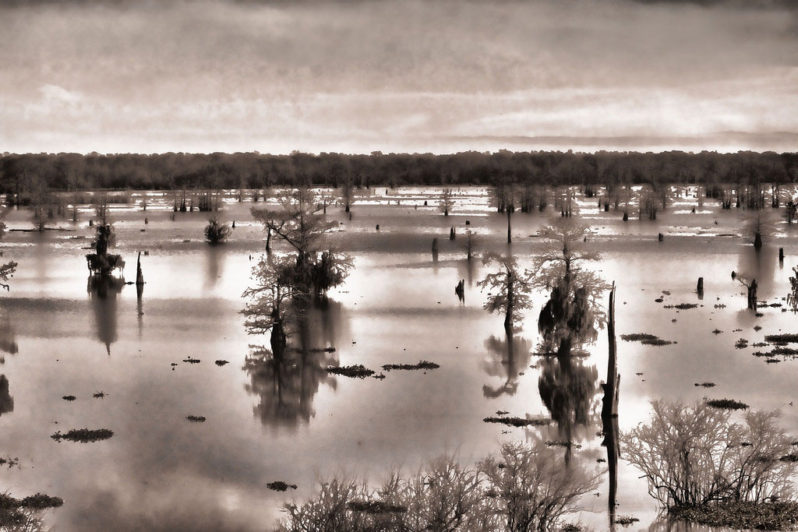
Activists fight to stop construction of the Bayou Bridge pipeline, which endangers an ecosystem that is one of the most important bird habitats in the western hemisphere.
Why more female penguins are washing up dead in South America
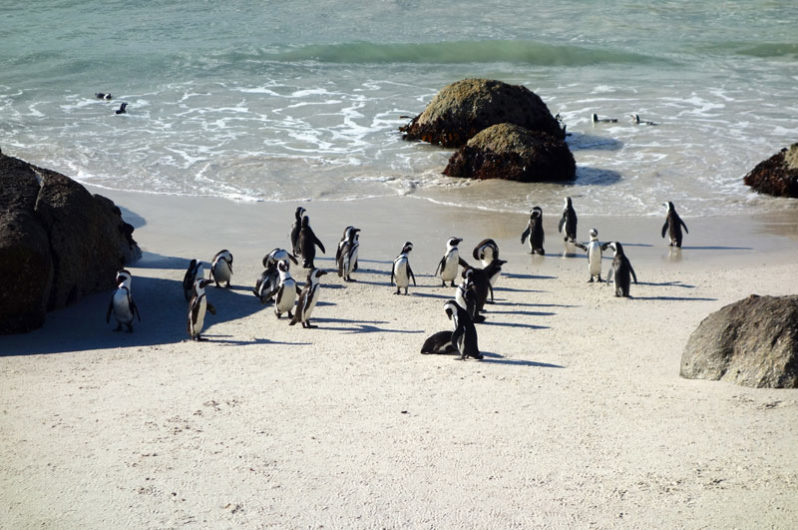
Every year, thousands of penguins become stranded on South America’s coast – with females three times more likely to wash up dead or injured than males.
The concrete blocks that once protected Britain
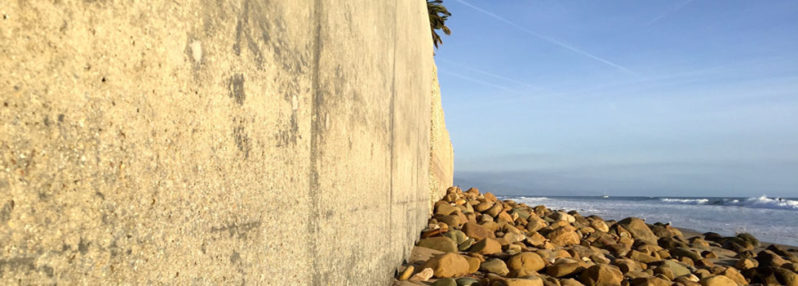
Photograph: © SAF — Coastal Care Excerpts; More than 100 years ago acoustic mirrors along the coast of England were built with the intention of using them to detect the sound of approaching German zeppelins… Read Full Article; BBC News (01-07-2019)
Seagrass saves beaches and money

Seagrass beds are so effective in protecting tropical beaches from erosion, that they can reduce the need for regular, expensive beach nourishments that are used now. Biologists and engineers from the Netherlands and Mexico describe experiments and field observations around the Caribbean Sea.
Japan confirms it will quit IWC to resume commercial whaling

Japan is facing international condemnation after confirming it will resuming commercial whaling for the first time in more than 30 years.
As Polar Bear Attacks Increase in Warming Arctic, a Search for Solutions
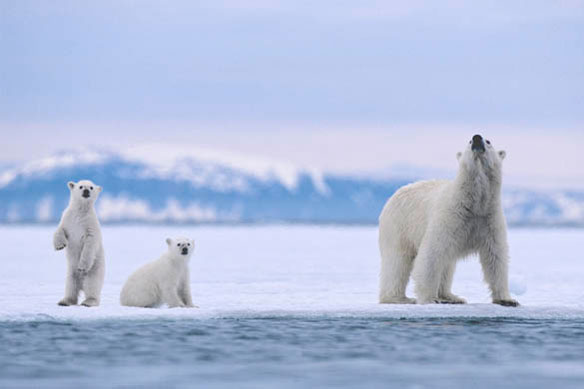
With sea ice reduced, polar bears in the Arctic are spending more time on land, leading to increased attacks on people. Concerned Inuit communities want to increase hunting quotas, but researchers are testing new technologies they hope will reduce these often deadly confrontations.
Loss of intertidal ecosystem exposes coastal communities
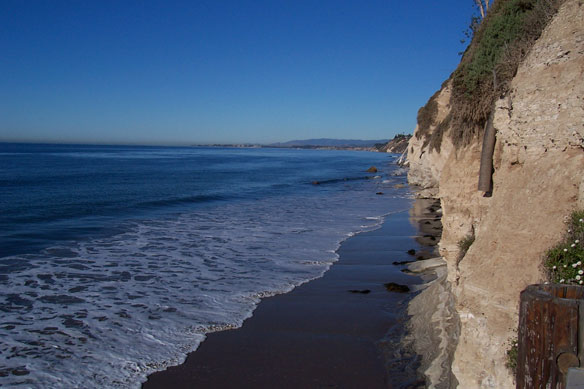
Artificial intelligence and extensive satellite imagery have allowed researchers to map the world’s intertidal zones for the first time, revealing a significant loss of the crucial ecosystem. The study has shown that global foreshore environments declined by up to 16 percent between 1984 and 2016.
Industrial fisheries are starving seabirds all around the world
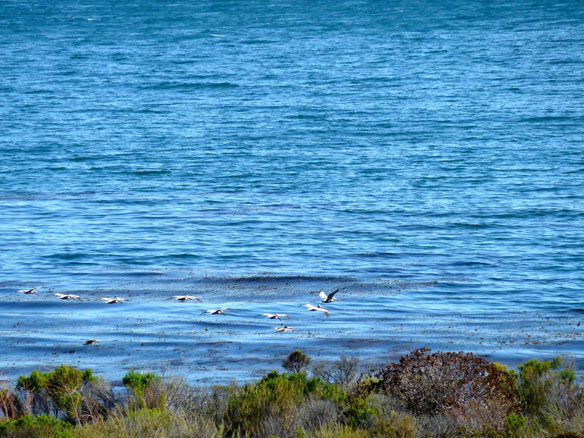
Industrial fisheries are starving seabirds like penguins and terns by competing for the same prey sources. Seabirds are now the most threatened bird group.
